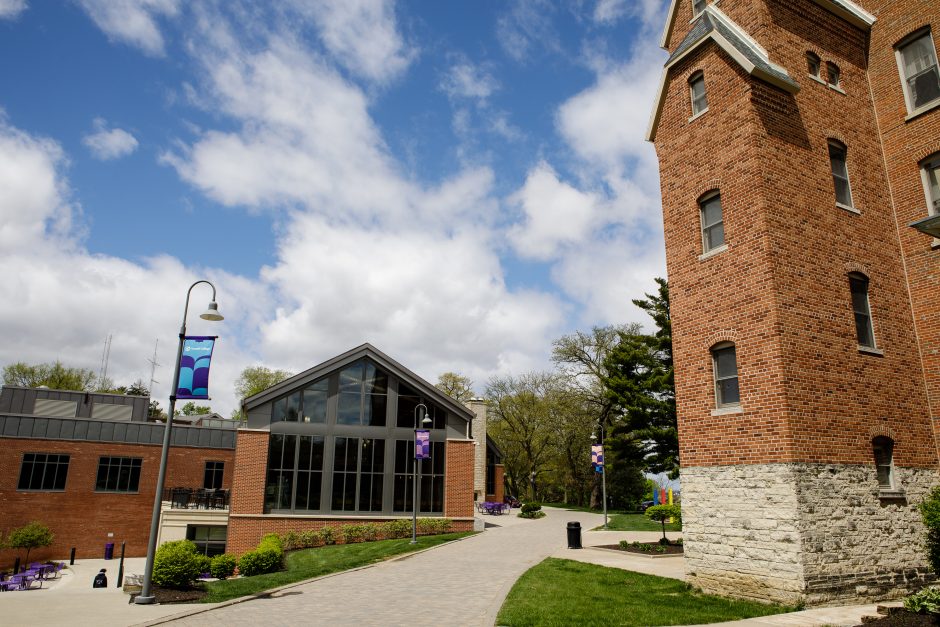What application type is best to get students into the college they want?
According to FairTest.org, over 850 four-year colleges and universities no longer use SAT or ACT scores as the criteria to submit substantial numbers of their bachelor-degree applicants. Along with changes to how these tests are considered, the number of national liberal arts colleges that have chosen to offer a test-optional application is up to 169 as of June 2016. This means that students have more choices than ever when submitting their college applications.
Common Application
This year the Common Application is more robust than ever and is seeing some early action. Since it launched on August 3 there are 20,000+ new applicants and 30,000+ whose accounts rolled over to this year’s application. The application is ready to deal with the new/old SAT score issue, is more sensitive to gender identity, and has better tools to help students work on their application (auto-save every 90 seconds) and review their applications before they submit them.
Another tool that we think you might find helpful in counseling students are the new search filters for application fees, writing requirements, test requirements, and recommendation requirements. If your student is struggling in any of these areas—in either self-confidence or ability—this might help them determine which colleges are right for them, and whether it makes sense to apply via common application or a college-specific application or personal interview.
Who should complete the Common App?
The Common Application is always going to be a great choice for the student who is confident in their abilities and wants to explore their options at a large number of institutions. (Cornell’s code is 60119). Additional resources for helping students with the 2016-2017 Application are available at commonapp.org/ready
College-specific Applications
If you want a glimpse inside the college admissions mindset, the truth is it is helpful for us to break out of the boundaries set by the Common Application no matter how good it gets. With our own applications we can customize the student experience more so that they can see the personality of the institution come through. We can test new things like making the essay optional if we want to, or offer a student a new pathway via interviews or portfolios that makes sense for us, but may not for the other 700 colleges participating in the Common Application.
Last year Cornell ran our pilot for test-optional applications only in our online application—this year we’ve included that option in the Common Application because we learned it was a valuable choice. This year we’re testing options around the college essay in our application—if you have a student who doesn’t feel comfortable writing an essay for application, we will accept an alternate writing sample, something they really have pride in from their high school research or writing courses. Our college application is always going to be more flexible and a bit ahead of the curve of what is offered in the Common Application, though we consider both applications equally no matter which one students choose to complete.
Who should complete a college-specific app?
College-specific applications may be the way to go if you have a student who is considering less than five colleges as their targets and is invested in getting admitted so will put in the time and energy to wow the school(s) with their efforts. It will give them a chance to show themselves and the admission representatives how perfectly they will fit into the culture of that school.
The college-specific application also might be the way to go if you have a student with a unique perspective that would benefit from the flexibility offered by individual college applications. The college that fits them is likely to offer either the accommodations (no-test, no-essay, etc.) or the challenges (submit a creative portfolio, complete an interview panel) that will engage and inspire them.
Who should mix it up?
If you have a student who has two top wish-list schools and a dozen back-up schools they might benefit from taking both approaches. For their top schools, they can really shine by completing a college-specific application and taking advantage of any custom features it might offer. For the rest they can do one great Common Application and save some time in their precious senior year.



